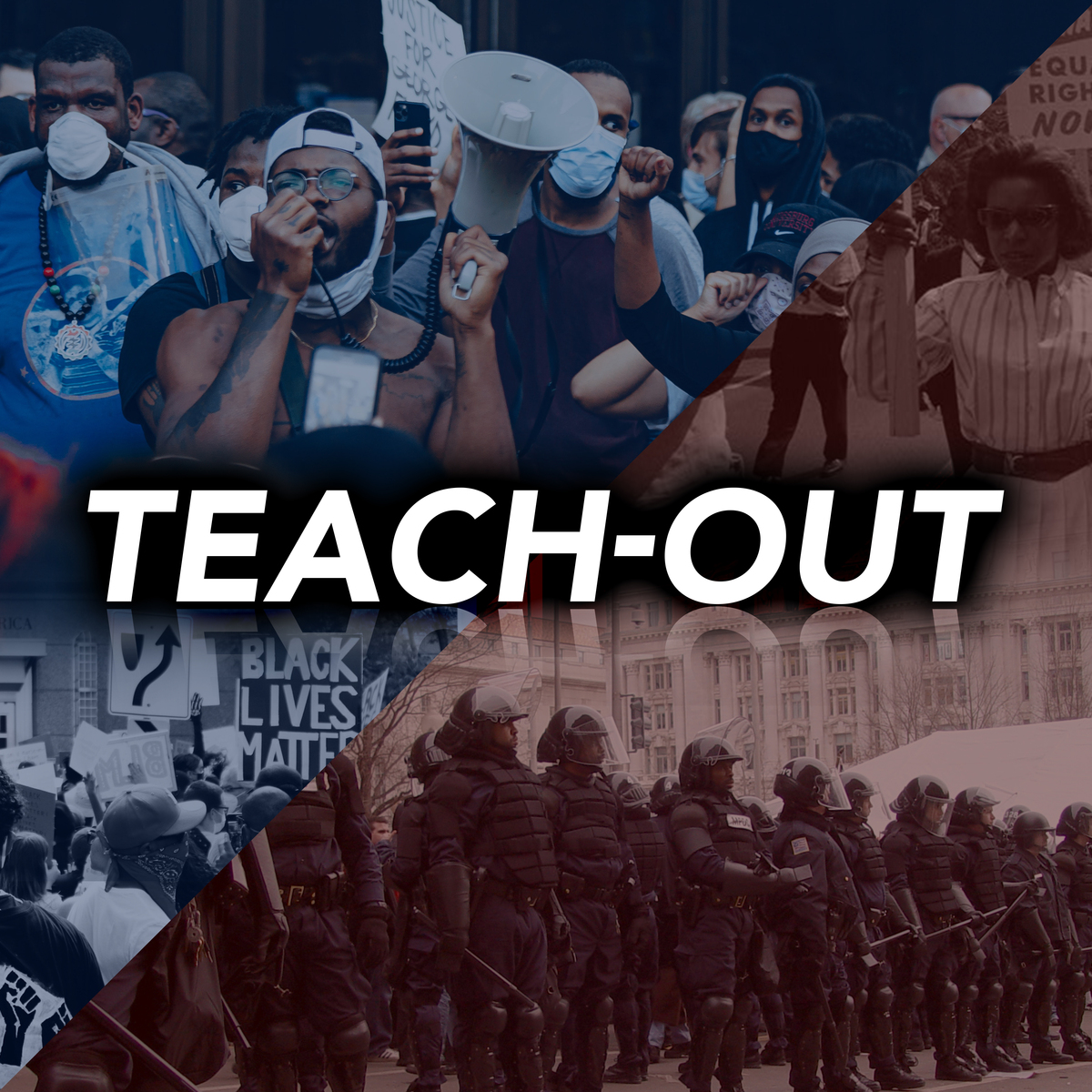The Impact of Systemic Racism
Elizabeth James, from the University of Michigan department of Afroamerican and African Studies, discusses the ways in which systemic racism affect the existence of African Americans in the United States.
Excerpt From

Transcript
Hello. I'm Elizabeth James from the department of Afroamerican and African Studies at the University of Michigan. I'd like to speak about some of the ways that systemic racism has taken a toll on African Americans, particularly when it comes to police brutality and the onset of the protests that have been moving across our nation recently. One of the first ways is physically. We have seen this since slavery began here in the United States. This included, slave patrols, which utilized chains, whips, and other forms of weapons against black bodies. This was used to harm, to fear, and to kill. Next, we had, of course, fatalities coming from these types of behaviors, and we've seen those up to the present day. Also, there were many injuries that have been incurred over time. These include; everything from what we have seen in paintings, drawings, and photographs of slaves that were whipped, maimed and harmed over the years, as well as those later who were lynched and brutalized by those who were seeking to create a horrible legacy of pain and cruelty. Followed by the present-day, when we see the use of rubber bullets and tasers in ways that are very painful and obviously cause damage to the human body. We also are aware the systemic racism takes other tolls that are not always seen. Professor Riana Anderson at the University of Michigan School of Public Health, site some of these injuries and internal issues. These include, high blood pressure. Also, you find that people suffer from stress hormones escalating, especially during times of tragedy and pain. Also, there's depression, the onset of it, and the physical body being fatigued from constantly fearing and worrying about life and living in a society that does not accept you. Then there's constantly and conflict with you trying to existence and survive. Emotionally, the toll that has taken, comes in the forms of distrust and isolation. There's the sense of anger that lashes out as well as fear of your surroundings. Toxic relationships develop because people are not feeling safe and do not want to form ties of intimacy, because then they begin to feel vulnerable, which then again, perhaps, creates a sense of distrust with one another. There's also a term that was coined by Dr. Joy DeGruy, which is called Post Traumatic Slave Syndrome, which is a multi-generational continuance of the pain and trauma of being enslaved, carried from generation to generation, leading people to behave in ways such as acting in silence, not speaking up, feeling as though they are being maligned, and also this deep sorrow that develops because of how they've been treated. Spiritually, that has been a way that people have been able to gather together and find solace. In the black community, this was often initiated during people being together in communities. These communities would serve as a place of solace for them. Later, churches developed from these communities. Again, there were way that movement-building was able to grow. However, there were also other organizations that were occurring and growing, such as the NAACP, later the Black Panther Party, and many other organizations that attempted to try to create a sense of community and help people to get through some of the trauma they were experiencing as African Americans in this country. Unfortunately, it was also a very strong pull toward being disconnected from the community, due to individualism, which our nation is built upon. The sense that people must excel on their own, and that's how you become a success. Because of that, it's indirect conflict with communal behavior. On the one hand, you have those who are striving to become greater as individuals, while at the same time there are others, such as Dr. King, who spoke about the beloved community. How do you find and rectify that conflict within yourself as you're going through systemic racism at the same time? All of these different ways created a very challenging situation for African Americans, so that at the present time, when we're dealing with this huge influx of protest across the nation, and people trying to create a better and new world, they're still having to deal with so many other obstacles that were brought about by the systemic racism.